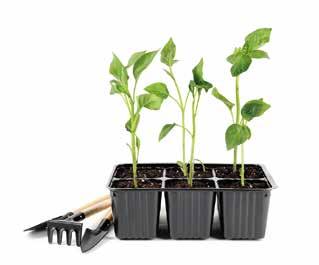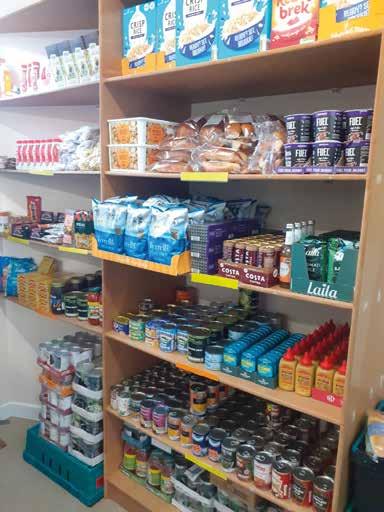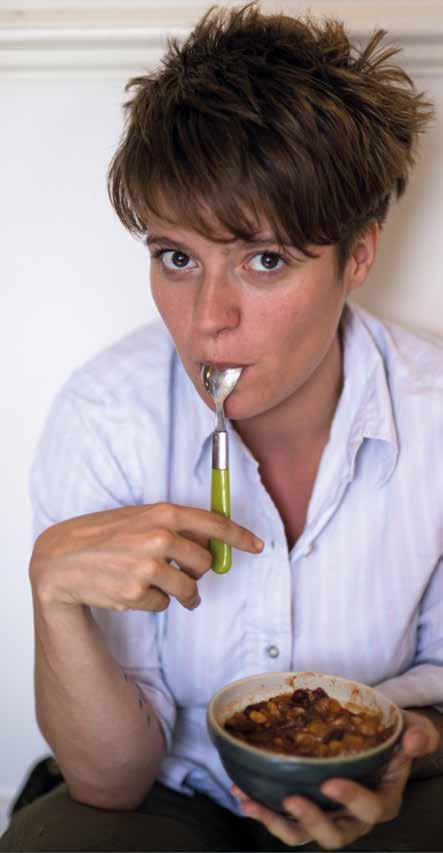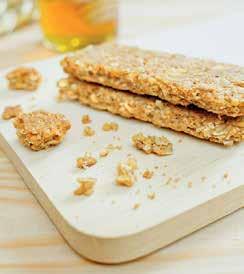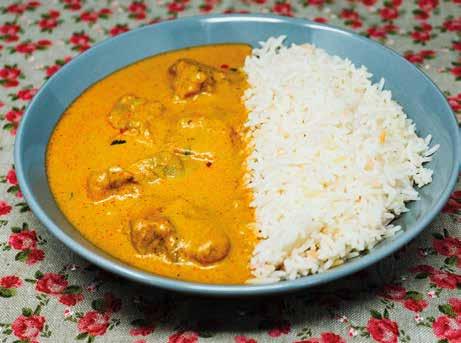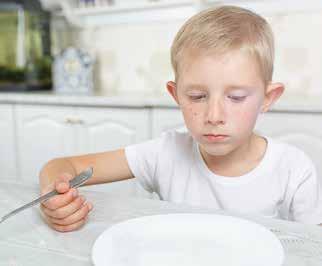
2 minute read
Community meals
by Quids in!
COLLECTIVE RESPONSIBILITY
We don't just have to sit back and let bad things happen to us, it can feel really great to be a part of the solution too… Here are some ideas to maybe inspire us into action!
Advertisement
“W e’re better off living in a community than as individuals,” says Will Mansell, who is on a crusade to change the way we eat (see our profile of the Long Table below). He isn’t the only one. While the government is doing their bit to tackle the food crisis, local people are forming
‘collectives’ to help feed their community.
Lockdown has shown that our food system doesn’t work as well as we need it to. Recent figures suggest we are relying on food banks more than ever. According to the Trussell Trust, almost 100,000 households used a food bank for the first time during lockdown. To help ease the pressure off food banks, other models are opening up. What they all have in common is creating better access to quality food, and helping to build a community. Here’s how they work…
COMMUNITY KITCHENS
Based in Stroud, Gloucestershire, The Long Table is a community kitchen which serves food that would otherwise have been binned. Wonky veg or surplus meat won’t go to waste here. Pre-lockdown, lunch and dinner is served for around 40 people (including staff) throughout the week. It also hosts a cookery school and discussion groups.
The ethos behind the project is more than just providing a free meal. It’s also about people learning to cook healthy food for themselves, building a community, looking after the environment and creating employment.
The business had to adapt in March. “Lockdown was a real reminder of how rubbish our food system is,” says Will.

The Long Table started delivering frozen ready meals to people’s homes. People phone or email to order their meal and somebody delivers it to their front door. This human element means that even in lockdown people felt part of a community. Before they knew it they had a county-wide network delivering a whopping 40,000 meals.
The model operates a “pay as you feel” basis. Everybody receives a meal and becomes a customer. This creates the idea of a ‘collective’ which Will believes is important to our mental wellbeing, “Eating as a collective reduces the feeling of isolation,” he says. “We’re much better off living in a community than as individuals.”


